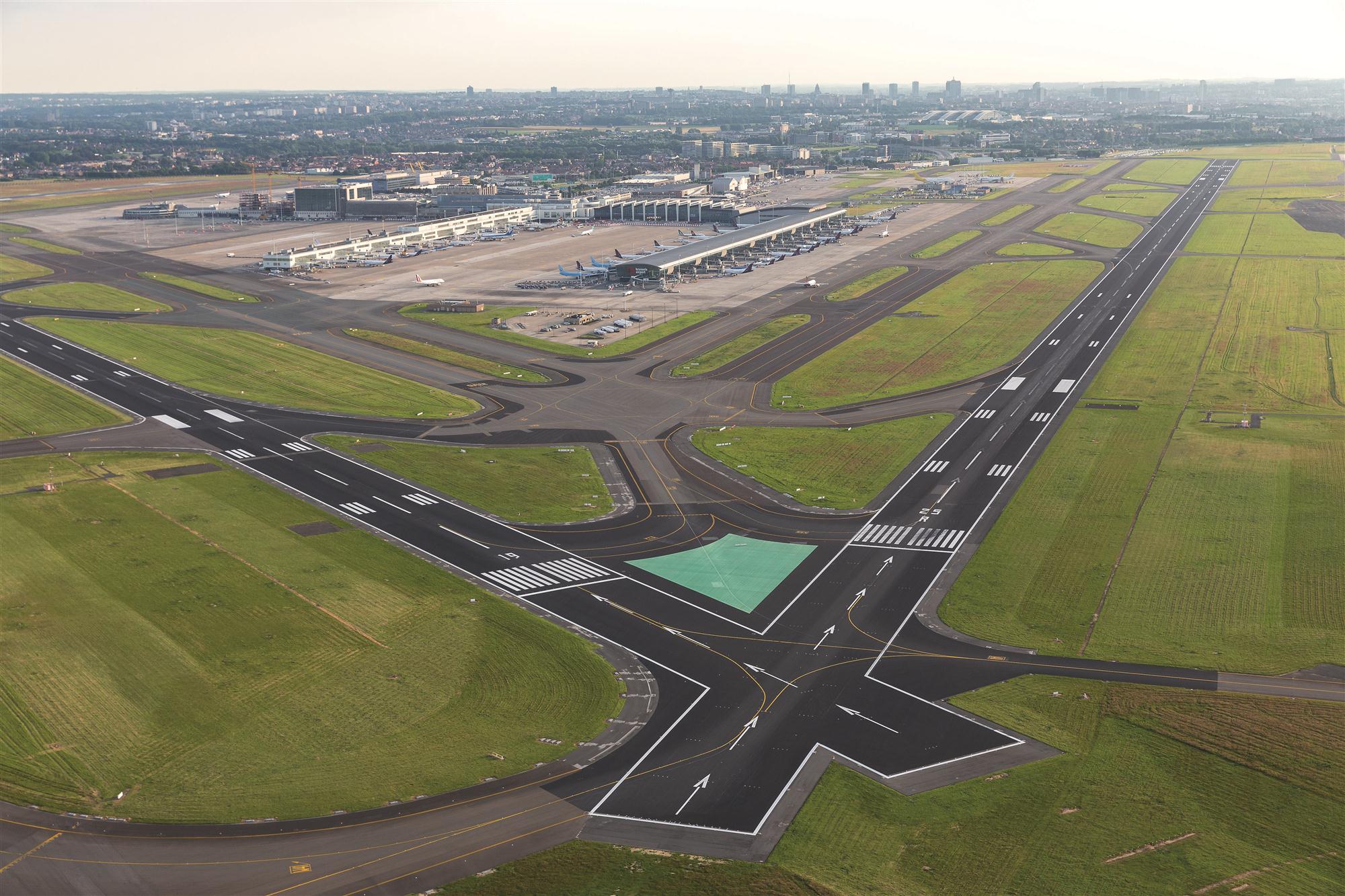The work of Brussels Airport Company (BAC) to develop cargo traffic is in danger of being undermined by local noise regulations that have forced freighter operators to reconsider their future at the Belgian airport. Already two Boeing 747 carriers have pulled out of Brussels this year, and a third one is poised to follow suit if the situation does not improve.
Last autumn the Brussels regional government announced plans to take a firm line on noise levels. So far, the airport has operated with a 10% tolerance of the maximum noise levels permitted, but under the new regime airlines would be fined as soon as they exceeded the legal limit. Faced with dire warnings about the impact of its move, the local authority announced in April that it would postpone the collection of fines for noise violations. Meanwhile negotiations about the policy continue, leaving operators in limbo over their future at the airport.
In February Yangtze River Express ended its freighter flights to the Belgian capital and consolidated its European operations at Amsterdam. This was followed by Air Cargo Global, which decided to move its European operations from Brussels to Amsterdam and Prague. While the move by Yangtze River Express has been attributed to the end of a contract it had with DHL, Air Cargo Global’s management explicitly cited the insecurity over the outcome of the noise limit debate and the financial risks associated with this as the reason for its decision.
The departure of these two carriers meant that Brussels lost two of the six 747 freighter operators calling at the airport. Between them, the two all-cargo operators moved some 20,000 tons through Brussels last year, which was about 12% of the airport’s total cargo throughput in 2016.

In May a third carrier, Magma Aviation, notified the airport operator that it would pull out as well if the uncertainty over noise limits and fines was not removed within weeks. Magma operates a mix of 747, 737 and Antonov An-26 aircraft.
747 freighters account for about one-quarter of the annual throughput at Brussels. At maximum take-off weight, they are likely to incur fines if the 10% leeway is withdrawn.
Steven Polmans, head of cargo and logistics at BAC, noted that the issue is not about 747s but about noise levels at night, with the time between 6 and 7 o’clock in the morning being the major bone of contention. “A lot of freighters take off at that time,” he added.
The airport operator is anxious to find a settlement.
“The need for a stable legal framework and a permanent solution is more urgent than ever. Just like we argued at the end of April, the decision by the Brussels government to postpone the actual collection of the fines is no solution. This decision may have been made with good intentions. It actually creates a period of uncertainty of one-and-a-half to two years. The carriers make their decision based on the tickets they receive today, not on the basis of the fines the Brussels government makes known two years later,” said BAC CEO Arnaud Feist.
“The noise issue has been ongoing since 1999. Every now and then it becomes a hot topic. It needs to be solved sooner or later because it creates legal uncertainty for carriers,” said Polmans.
Charter brokers, who sometimes have few, if any, alternatives to older, noisier planes, are concerned about noise regulations squeezing out cargo aircraft. “There is going to be an issue at some point what aircraft are available to us,” said Dan Morgan-Evans, global cargo director of Air Charter Service.
The potential further erosion of its cargo carrier base is a blow to BAC, which has worked hard in recent years to build up cargo traffic at Brussels. It pioneered the development of processes and protocols that led to the establishment of the CEIV regime to certify operators in the cold chain – from forwarders to airlines, handlers and airport authorities – for their compliance with IATA-recognized standards of supply chain integrity for pharmaceuticals. BAC also led the move to the establishment of a cargo community platform at Brussels to enable all participants to share data about cargo. The most recent result of this was a slot booking app for ground handler facilities that was launched in May. It allows forwarders and their truckers to request time slots at handlers through the BRUcloud community platform, with the aim of eliminating waiting times for trucks at the airport.
By Ian Putzger
Air Freight Correspondent | Toronto



